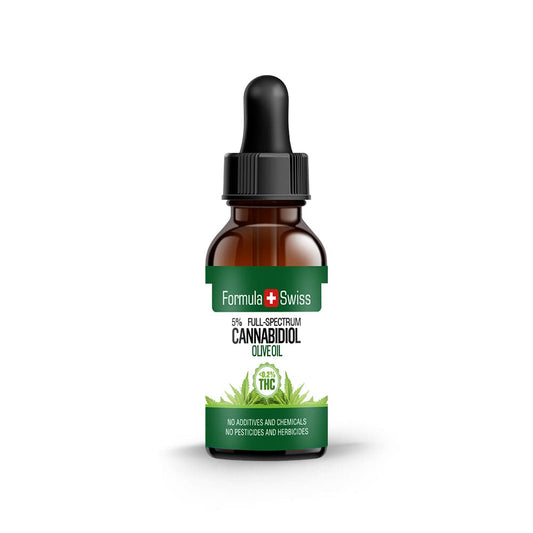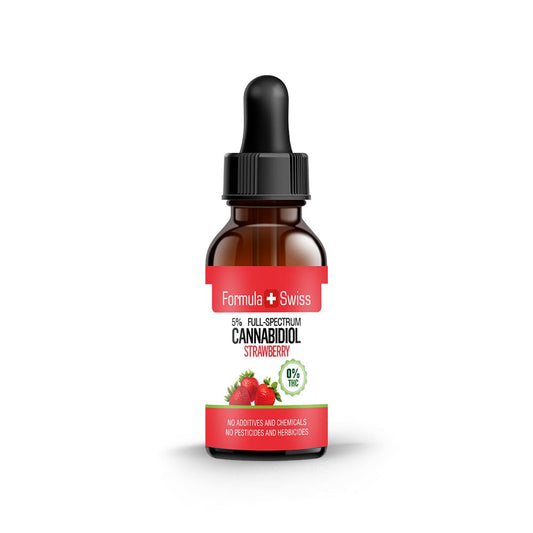Medical cannabis patients around the world are growing increasingly concerned about the future availability of cannabis medications. Both Germany and Israel have recently seen proposed changes to their respective medical cannabis regulations, with Israel implementing new, stricter rules.
Initial Prescription Limits for Cannabis Therapy
Under Israel's new regulations, patients starting cannabis therapy will initially be limited to no more than 20 grams of cannabis flowers or 30 grams of an extract oil per month. While this approach had previously been recommended to physicians, it is now a binding regulation. This decision by the Ministry of Health seems to contradict evidence-based practices in medical cannabis. Historically, physicians would often prescribe higher doses or larger quantities of cannabis to severely ill patients experiencing significant pain.
Restrictions on Cannabis Quantity and Potency
In addition to the limitations on initial cannabis prescriptions, new patients will also face restrictions on the potency of their prescribed cannabis medications. Only strains within the T10 dosage category, which have THC concentrations of up to 10%, can be prescribed to new patients. Higher THC categories, such as T15 or T20, may only be dispensed to patients with more than three months of experience with medical cannabis.
Currently, only four product categories qualify for new prescriptions: T10/C10 (containing 10% THC and 10% CBD), T10/C2, T3/C15, and T1/C20. Patients in Israel can choose among multiple products within these categories, but selecting a product from another category is not permitted.
Balancing Expertise and Individual Cases Against Misuse Prevention
The "start low, go slow" approach, which was once a recommendation for physicians, now mandates that medical professionals adhere to a strict protocol that prioritizes a gradual introduction to cannabis therapy over individual case assessments. Unfortunately, physicians have not received a substantiated explanation for this new compulsory practice in medical cannabis.
Some speculate that this measure targets individuals seeking quick access to high-THC cannabis medications. However, there is no guarantee that these restrictions will effectively prevent misuse, and it remains to be seen whether the benefits outweigh the potential drawbacks of under-serving patients during their initial months of treatment.
The Future of Medical Cannabis Regulations
As medical cannabis continues to gain traction worldwide, regulatory bodies are grappling with the challenge of creating and maintaining guidelines that balance patient needs, scientific evidence, and the prevention of misuse. While Israel's new regulations impose stricter limitations on initial cannabis prescriptions, it is essential to monitor their impact on patient outcomes and make adjustments as needed.
Ultimately, it is crucial for regulatory authorities to work closely with medical professionals, patients, and researchers to ensure that medical cannabis regulations prioritize patient well-being and promote evidence-based practices.








